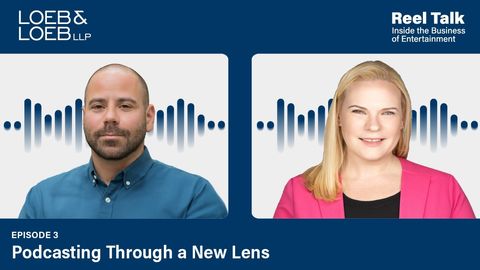A class action was brought against Evian spring water, where a consumer claimed that the use of "carbon neutral" on packaging indicated that the company didn't produce any carbon dioxide emissions, when in truth, the claim was based upon a third-party certification. Even if consumers understood the claim was based on a third-party certification, the plaintiff alleged that the advertising was misleading because the advertiser failed to explain the meaning of the third-party certification or how Evian met its certification standards.
Evian tried to have the claims dismissed, but the court rejected the arguments, holding that “carbon neutral”, by itself, may have the capacity to mislead, as consumers could believe that the claim means that no carbon dioxide was emitted in the production or use of the product, especially given consumers generally do not know what the term means, notwithstanding that more sophisticated parties may understand the term better. The court rejected the argument that the packaging listed a website where consumers could “learn more” about the claim, holding reasonable consumers aren’t expected to “do research”. In its holding, the court cited the FTC’s Green Guides in its caution not to make unqualified general environmental benefit claims.
It will be exciting to see where this goes and whether it results in additional class actions against advertisers. In the meantime, I think it's certainly worth looking at your “carbon neutral” and other ESG claims to see how they would relate to the court's thinking in this decision.


/Passle/63ef8bdcf636e911c850090e/SearchServiceImages/2026-02-13-18-50-31-701-698f727799773b21433a7328.jpg)
/Passle/63ef8bdcf636e911c850090e/SearchServiceImages/2026-02-08-02-56-17-355-6987fb51644a11e11ab82944.jpg)
